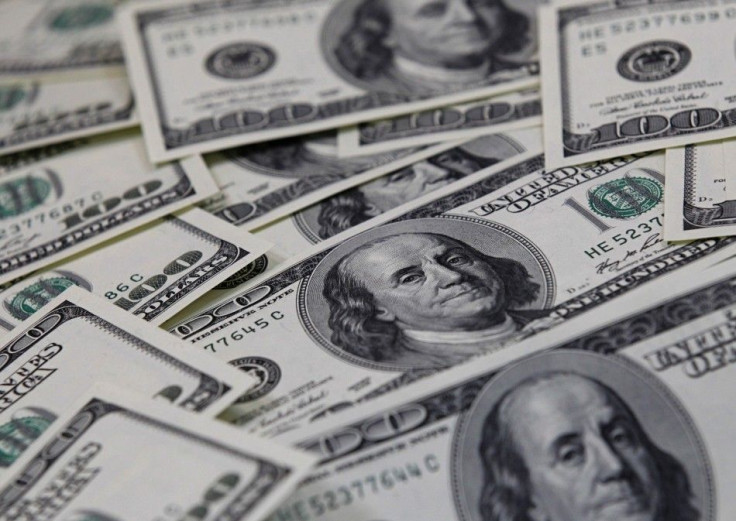Why Apple, Soros Fund are Hoarding Almost $100 Billion in Cash
(COLUMN)

Apple is hoarding $76 billion in cash. George Soros' hedge fund (run by Keith Anderson) is nearly holding $20 billion in cash, or 75 percent of the assets under management, reported Bloomberg, citing unnamed sources. Combined, they have nearly $100 billion.
Why on earth would a company need so much money? And why would a hedge fund, which makes money by deploying money, not use 75 percent of its firepower?
Bloomberg said Soros and other hedge fund managers are looking for clarity on global situations like the European debt crisis, China's monetary tightening, and the U.S. debt ceiling.
Soros himself said the current global economy is baffling and unpredictable.
There are clearly a number of unsustainable situations which nevertheless continue, and the authorities don't necessarily try to solve them, but merely try to buy time. We live in this situation without an immediate collapse or an immediate solution confronting you, he said at a conference in April.
Regarding Apple, PIMCO's Mohamed El-Erian told CNBC that Apple has a stellar brand and disruptive technology. Generally speaking, it's important for companies to have cash right now because the world is going to change, there is major realignments going on, and don't underestimate the optionality of cash, he said.
It seems that the big theme for both financiers and businesses is uncertainty; they all seem to be waiting on the sidelines with cash to wait for clarity before making any big moves with money.
Perhaps more than ever, the government plays such a big role and so much hinges on what politicians decide. The European and US debt situation is a case in point. Predicting the moves (whims) of politicians, arguably, is inherent more difficult than analyzing economic fundamentals.
The modern global economy is also in uncharted territories. The main problem is that the Western world is in debt because of heavy borrowing and asset price collapses. Now, they must deleverage, a process that threatens the global economy in unpredictable ways.
All these problems are compounded by the idleness of financiers and businesses, which normally drive private sector economic growth.
From a policy standpoint, reducing regulatory and economic policy uncertainty by laying out long-term promises will likely go a long way in freeing the multi-billion cash hoards of operators like Soros and Apple.
Once private entities start allocating cash in an efficient way, the global economy will likely be in a much better shape and have more momentum to weather structural post-financial crisis issues.
© Copyright IBTimes 2025. All rights reserved.





















